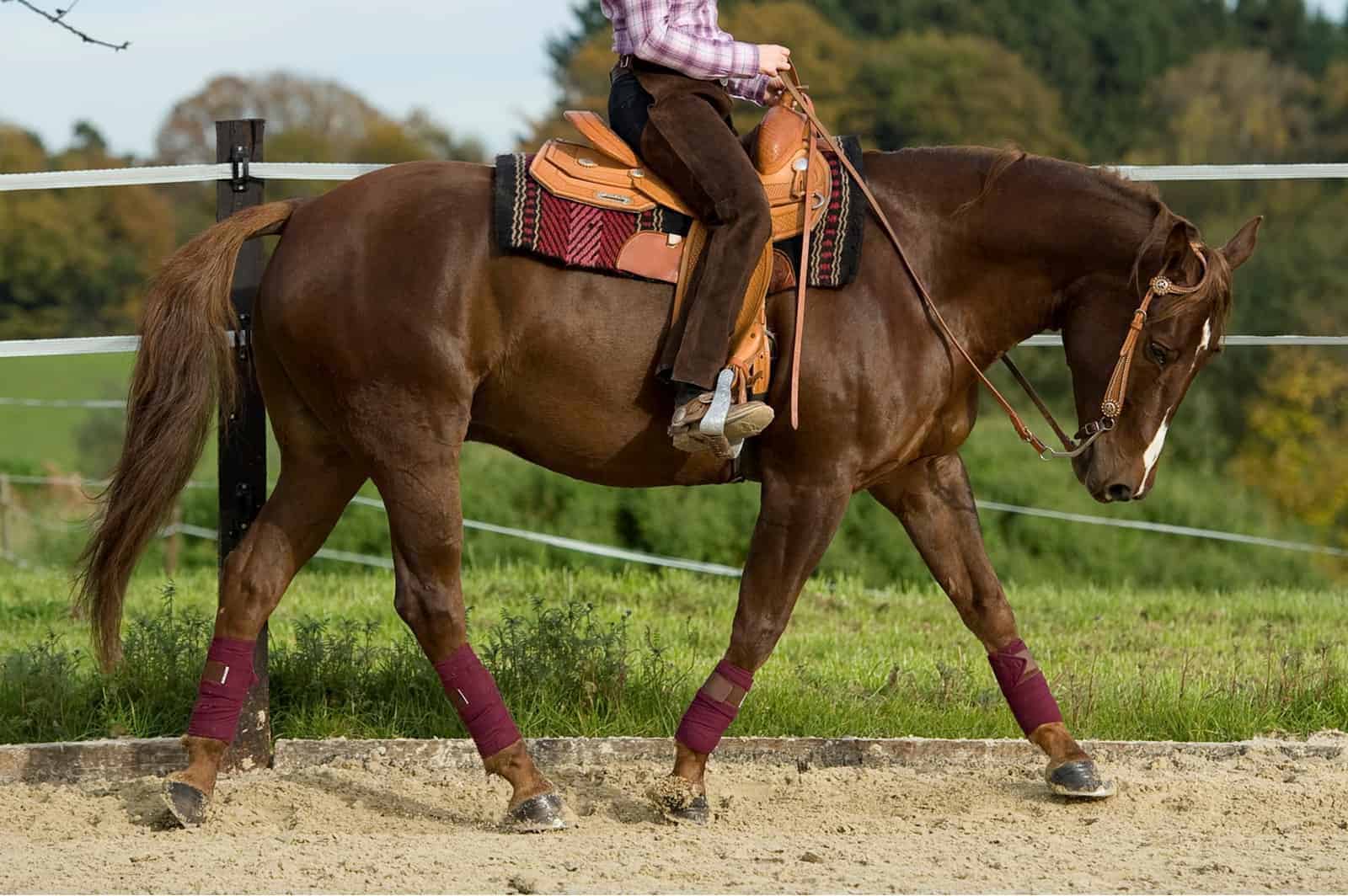Did You Know: Equine Gastric Ulcers Impact Stride Length

The way performance horses are commonly fed, along with the stress of training, showing and traveling, causes acid levels to rise past the glandular portion of the horse’s stomach, leading to ulcers. That pain from sores on the stomach wall can cause your horse’s performance to suffer. Two out of three performance horses have stomach ulcers, and a study has shown that horses with ulcers have a shorter stride length than those without.
“Reduced performance, including a shorter stride length, is likely a consequence of gastric pain caused by ulcers,” says Hoyt Cheramie, DVM, MS, Dipl. ACVS, senior equine professional service veterinarian for Boehringer Ingelheim. “When we ask horses for precise athletic maneuvers—to run, jump, spin, and slide—if they have gastric discomfort, they aren’t going to be able perform as well.”
Preventing ulcers is the optimal way to ensure that they don’t inhibit performance. Omeprazole (a U.S. Food and Drug Administration-approved product is marketed as UlcerGard) inhibits acid production at the source—the proton pumps in the lower part of the stomach
Create a free account with TheHorse.com to view this content.
TheHorse.com is home to thousands of free articles about horse health care. In order to access some of our exclusive free content, you must be signed into TheHorse.com.
Start your free account today!
Already have an account?
and continue reading.
Written by:
Edited Press Release
Related Articles
Stay on top of the most recent Horse Health news with












